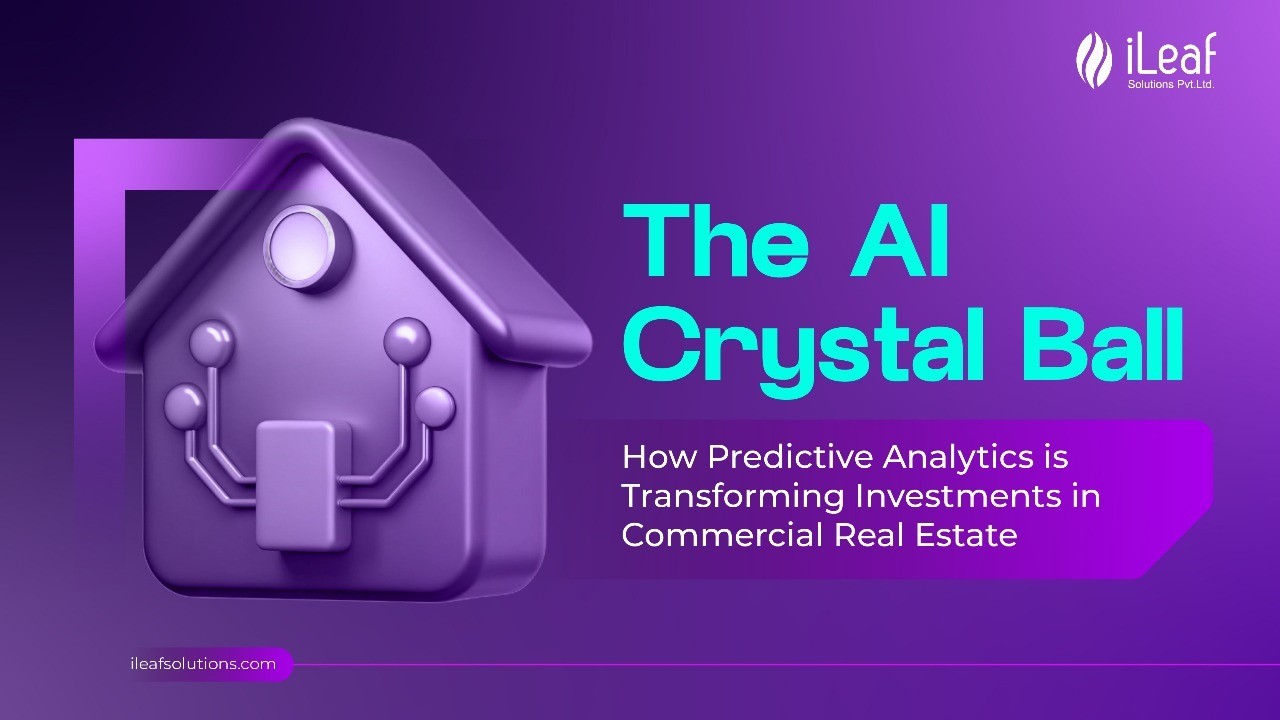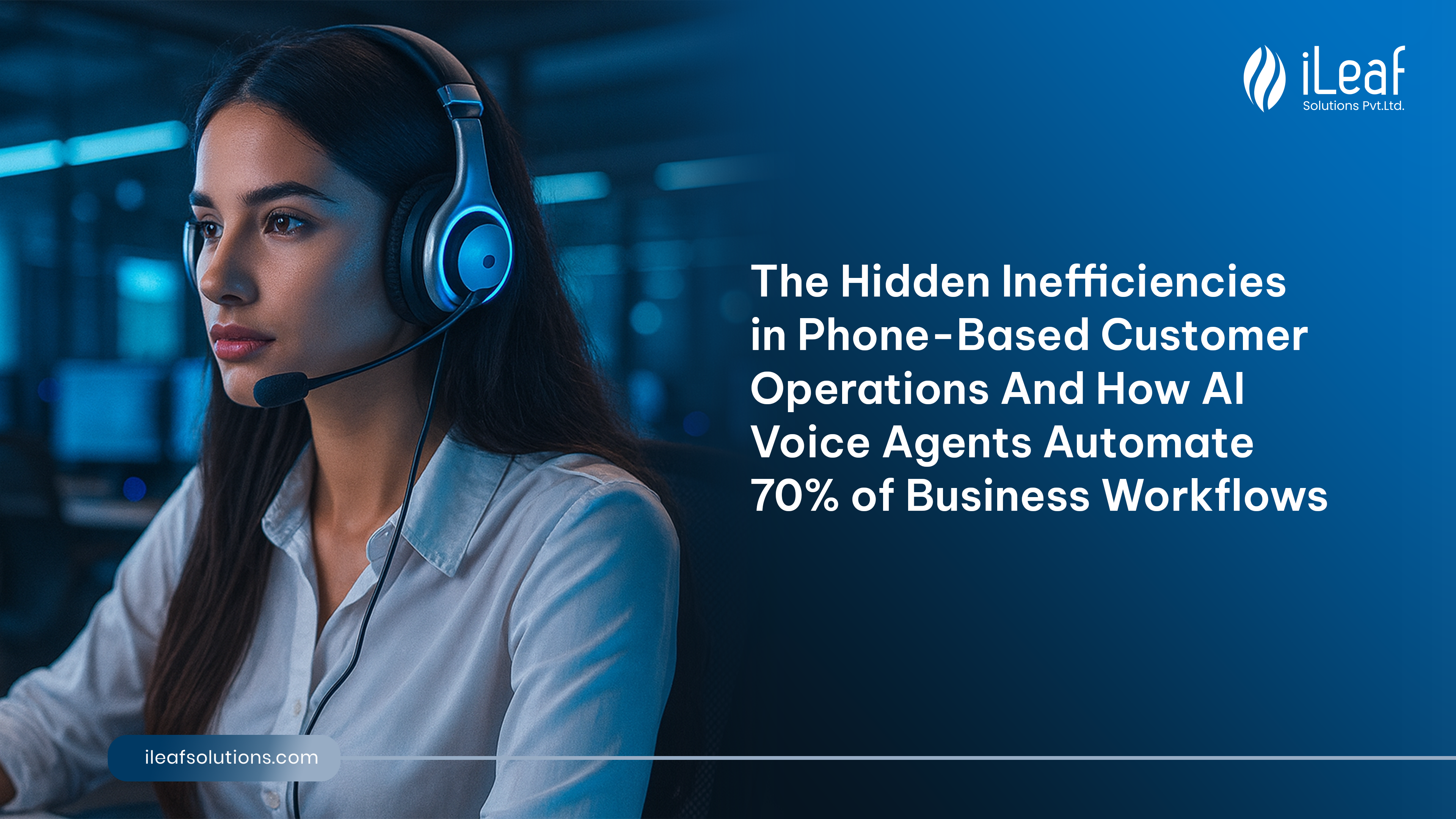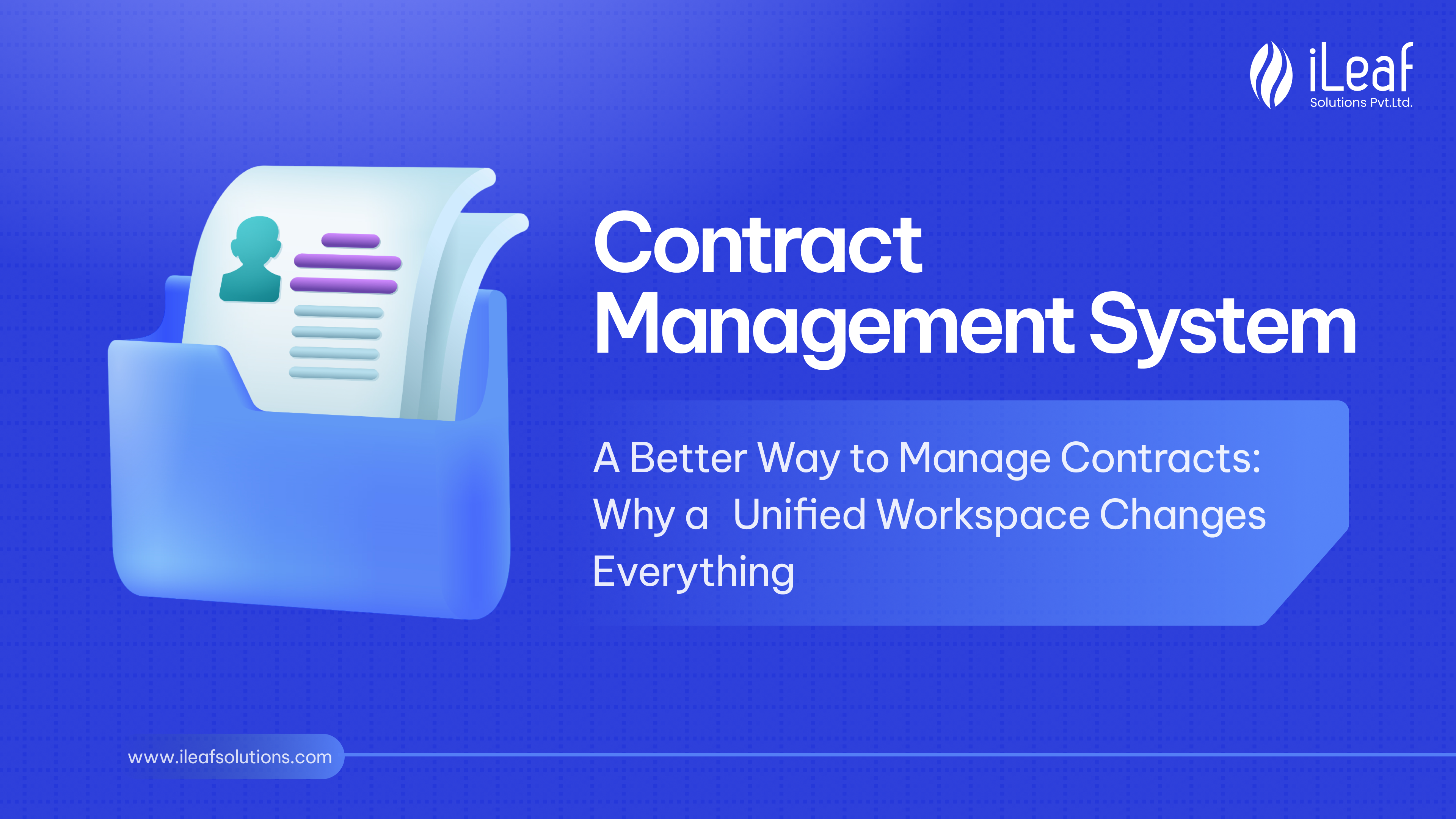The AI Crystal Ball: How Predictive Analytics is Transforming Commercial Real Estate Investments

Table of Contents
- Introduction
- Understanding Predictive Analytics in CRE
- Revolutionizing Real Estate Investment Strategies
- Mitigating Risks with Predictive Analytics
- Enhancing Operational Efficiency
- The Future of AI in Commercial Real Estate
- Conclusion
Introduction
The commercial real estate (CRE) industry is evolving rapidly, with Artificial Intelligence (AI) leading the next wave of transformation. Predictive analytics,often referred to as the “AI crystal ball” for investors,empowers smarter, data-driven decision-making by forecasting market trends, estimating property values, and identifying growth opportunities.With AI, investors can shift from uncertainty to clarity, replacing guesswork with precise, strategic, and risk-aware insights. As AI-driven PropTech continues to advance, it is reshaping how investors and property managers evaluate markets, optimize portfolios, and make decisions with greater confidence than ever before.
Understanding Predictive Analytics in CRE
Predictive analytics involves examining historical data, applying statistical models, and leveraging machine learning to anticipate potential outcomes. In commercial real estate, this means:
-
Forecasting market trends and property valuations
-
Estimating rental income and growth potential
-
Identifying investment risks before they materialize
Gone are the days when intuition or traditional comparative market analysis guided decisions. Today, AI models analyze demographic shifts, economic trends, property performance metrics, and more enabling investors to make logical, data-backed choices and optimize their portfolios.
Revolutionizing Real Estate Investment Strategies
Modern CRE investment is moving beyond outdated, manual techniques. AI-driven predictive models allow investors to:
- Discover Emerging Markets: Identify high-potential areas before they become saturated
- Optimize Property Valuation: Use algorithms to achieve more accurate pricing and returns
- Control Investment Decisions: Analyze vast datasets including bidding timelines, pricing trends, and regional market activity to maximize opportunities
These capabilities reduce risk, improve portfolio performance, and ensure long-term strategic growth.
Mitigating Risks
Every investment carries risk, but AI can minimize exposure in CRE. By analyzing macroeconomic factors and market trends, predictive models alert investors to properties likely to underperform, giving them time to adjust strategies or restructure portfolios proactively.
Enhancing Operational Efficiency
AI also transforms property management:
- Predict tenant engagement and lease expirations
- Forecast maintenance issues before they occur
- Reduce downtime and improve occupancy rates
By automating routine tasks like lease management and tenant screening, property managers can focus on growth, strategy, and maximizing returns.
The Future of AI in Commercial Real Estate
AI is reshaping CRE, enabling faster, smarter, and more profitable decisions. Future advancements will integrate predictive analytics seamlessly into everyday operations, allowing investors to:
-
Forecast long-term market trends
-
Identify high-growth investment opportunities
-
Make proactive, risk-aware decisions
The question is no longer if AI will transform commercial real estate but how quickly the industry will adapt to this data-driven future.
Conclusion
The fusion of AI, predictive analytics, and traditional investment expertise is redefining commercial real estate. By leveraging these tools, investors and property managers can make strategic, informed decisions that ensure sustainable growth, operational efficiency, and long-term competitive advantage.














